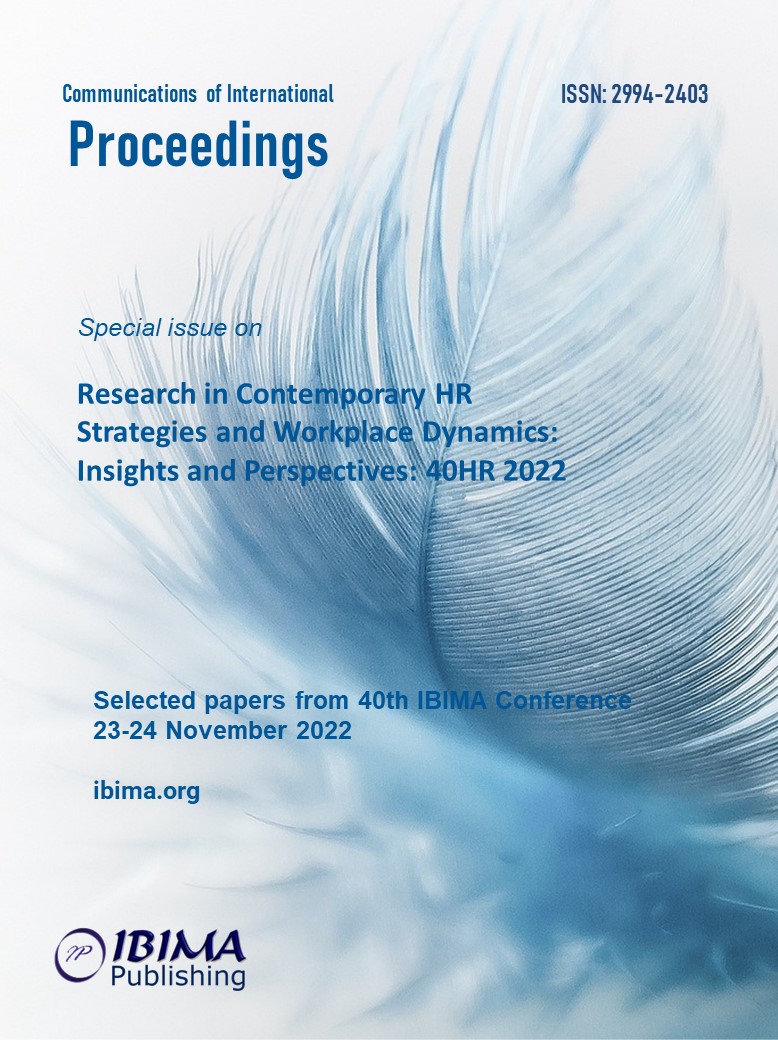
Jolanta BIEŃKOWSKA and Czesław SIKORSKI
University of Lodz, Faculty of Management, Lodz, Poland

The aim of this article is to indicate the determinants of the shift of attitudes towards work in XXI century, at its core is the questioning of the cultural symbol signified by the watchword (idea) of self-fulfilment adopted from A. Maslow’s theory of needs. By analysing the available literature on the subject and the results of various studies, the conclusion was reached – the outcome of the application of a psychological theory into business practice led to its exploitation as a cultural manipulation tool encouraging emotional engagement in work. Therefore, work became a primary sphere of acquiring achievements and recognition through the accomplishment of organisational objectives. At the same time, there is a discernibly increasing distance of professionally active people from adopting this attitude toward work. The preservation of distance to such attitudes is particularly emphasised by the younger generations (Millenials and Generation Z). Identifying this discrepancy as well as conducting an analytical study in this area has led to the conclusion that one of the fundamental human needs is to seek freedom from the constraints imposed by the social environment, which includes the workplace. Nowadays, it is pursued by searching out self-fulfilment areas outside of work. The displayed approach to work amongst the young generations prioritise professionalism, being transitional as well as emotionally distanced